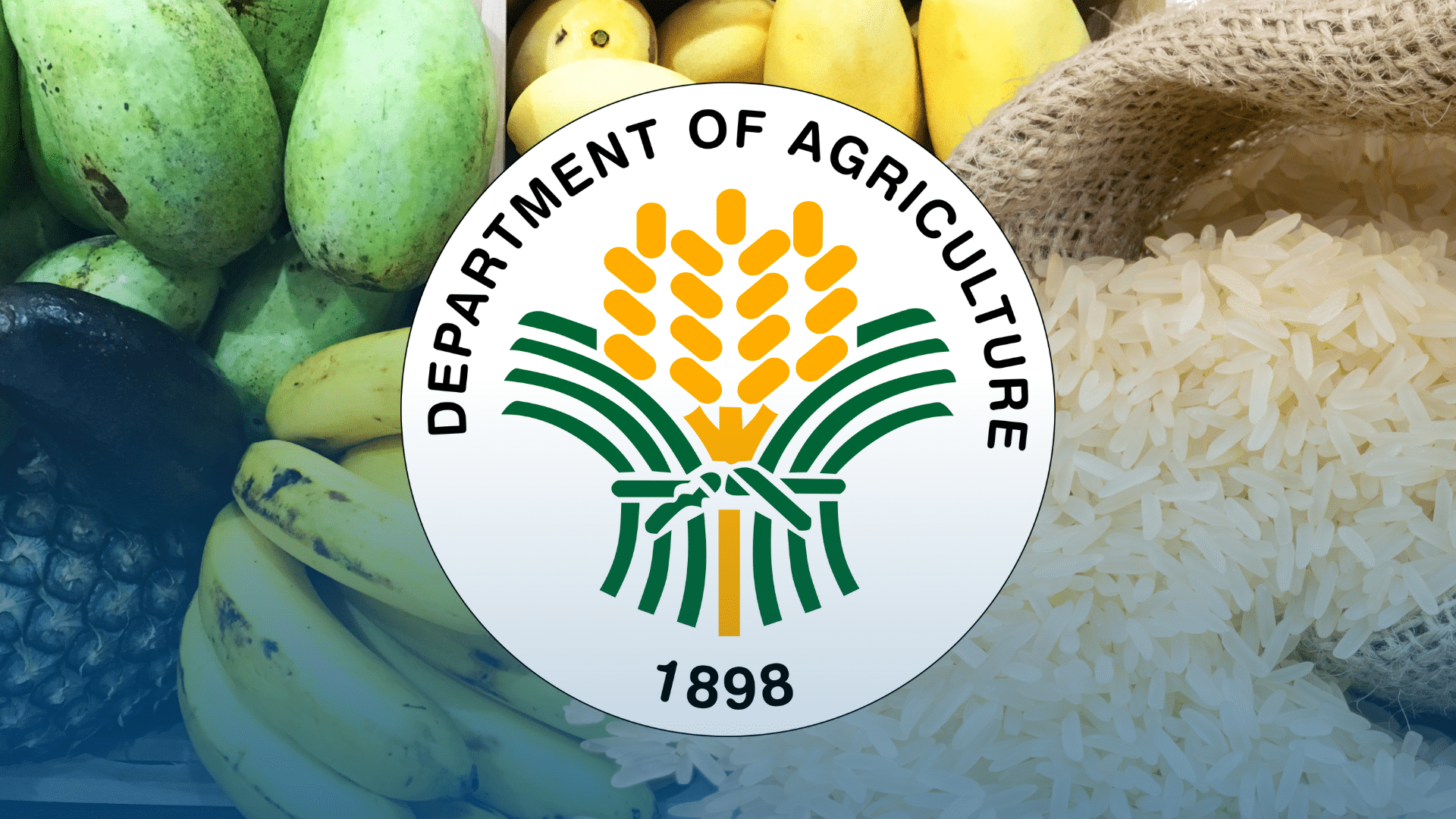
THE Philippines recorded higher meat imports from January to April this year, driven by a larger volume of pork and chicken shipments, the Department of Agriculture (DA) reported.
Data from the DA's Bureau of Animal Industry (BAI) showed that the country's meat imports during the first four months of 2024 was recorded at 396.38 million kilograms (kg), up 11.3 percent from 356.01 million kg posted in the same period last year.
Majority of the meat shipments were pork with about 193.14 million kg delivered in the Philippines during the January to April period.
The latest volume was higher by 17.9 percent from 163.69 million kg recorded a year earlier.
Chicken meat imports, meanwhile, were posted at 134.46 million kg during the said months, higher by 2.4 percent from 131.29 million kg. Chicken was the second-highest imported meat product next to pork, accounting 33.9 percent of the country's total meat imports.
Importation of beef also increased by 21.8 percent during the period. It was posted at 51.5 million kg, up from the previous year's 42.2 million kg.
The Philippines also shipped in about 16.5 million kg of buffalo in the same period, 9.6 percent lower than the 18.3 million kg posted in 2023.
The largest increase in the volume of imported meat was seen in turkey. It went up by 438.03 percent to 483,634 kg from 89,889 kg logged in 2023.
Lamb shipments, meanwhile, were lower by 27.3 percent during the period, and was registered at 167,749 kg in comparison to last year's import level of 230,854 kg.
BAI figures also showed that duck meat imports went down by 59.4 percent to 51,738 kg from 127,631 kg posted the previous year.
According to the bureau, Brazil is the biggest supplier of meat imports from January to April 2024, having shipped 132.17 million kg.
The United States and Spain followed, supplying the country with about 61.13 million kg and 51.3 million kg of meat imports, respectively.
Canada also shipped a total of 31.9 million kg of meat, Australia with 24.89 million kg and India with 16.5 million kg during the period.
The Meat Importers and Traders Association (MITA) said that the increase in meat imports indicates a continued demand for lower priced meat.
"Importers are likely positioning in anticipation of higher prices abroad, a weaker peso, as well as lower hog production due to El Niño," said MITA President Emeritus Jesus Cham.
Read The Rest at :






